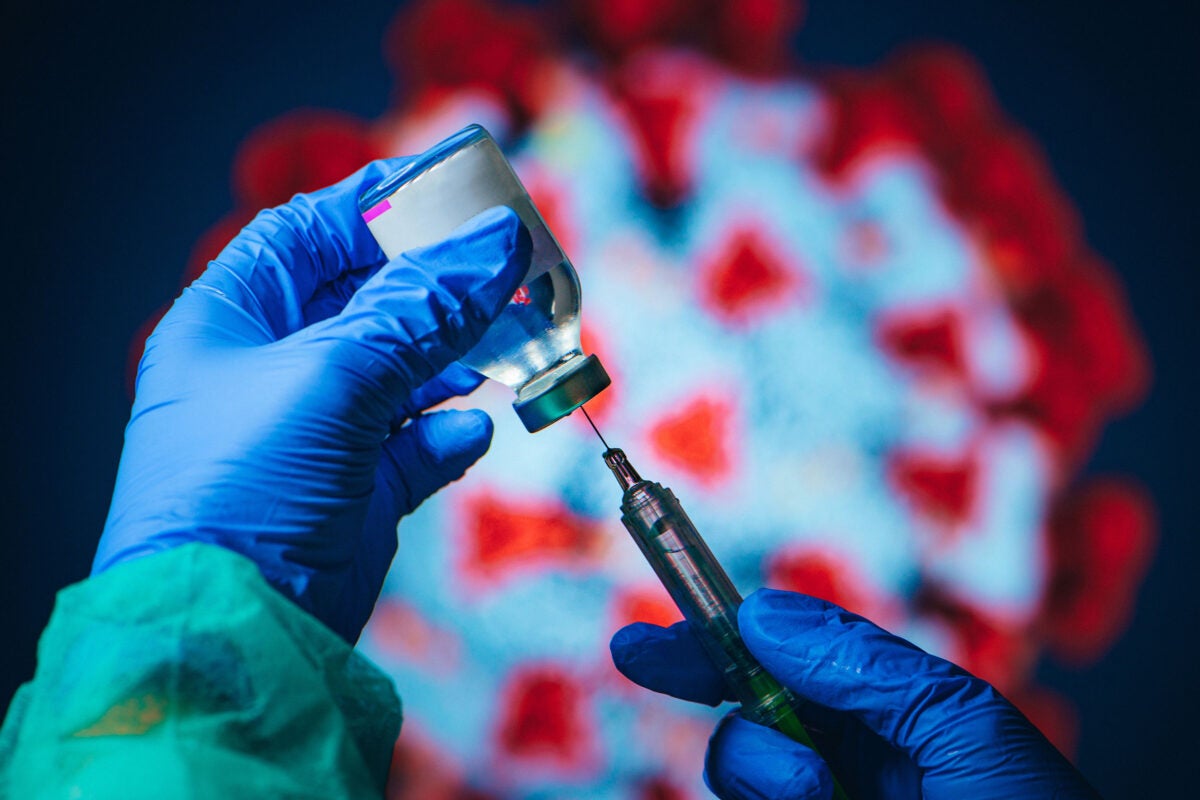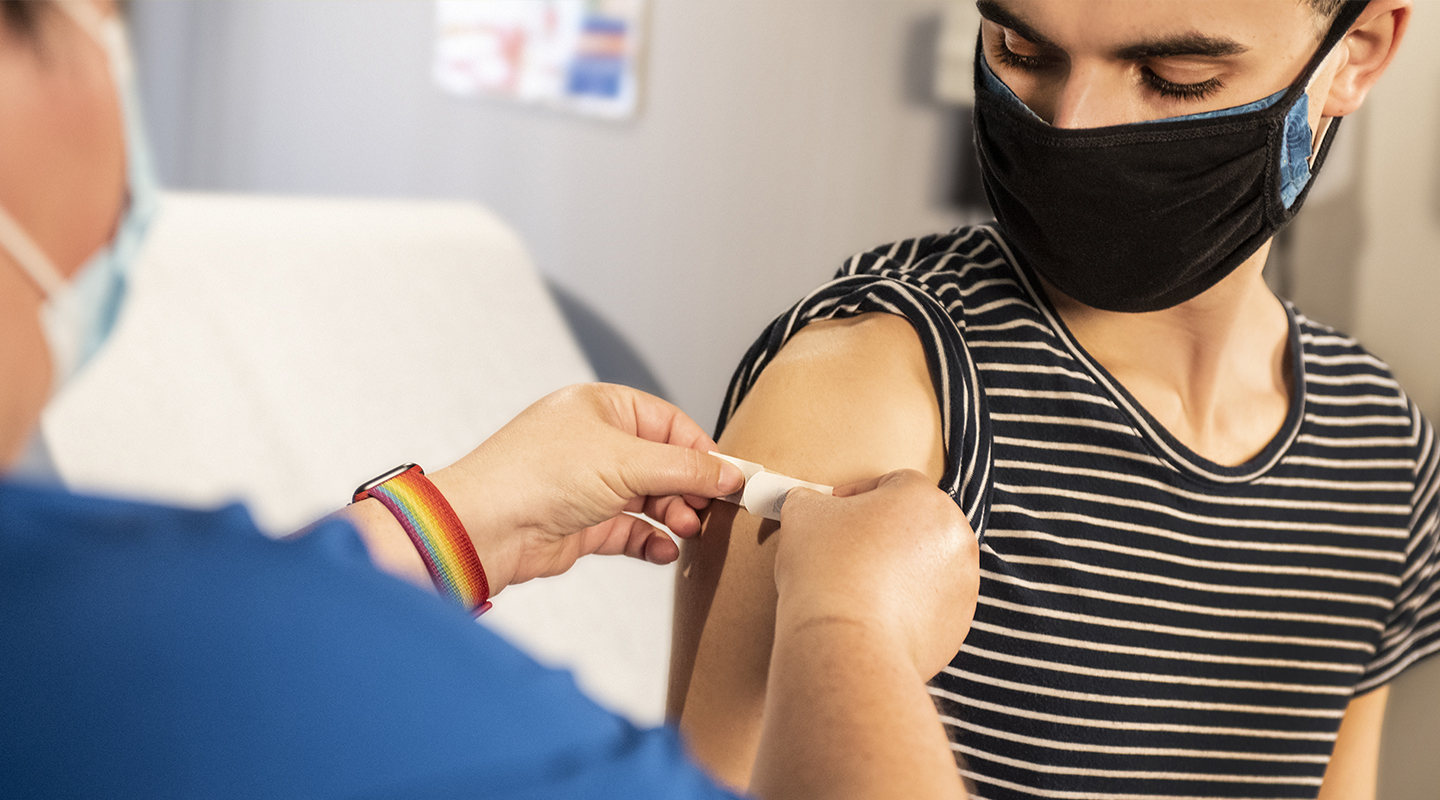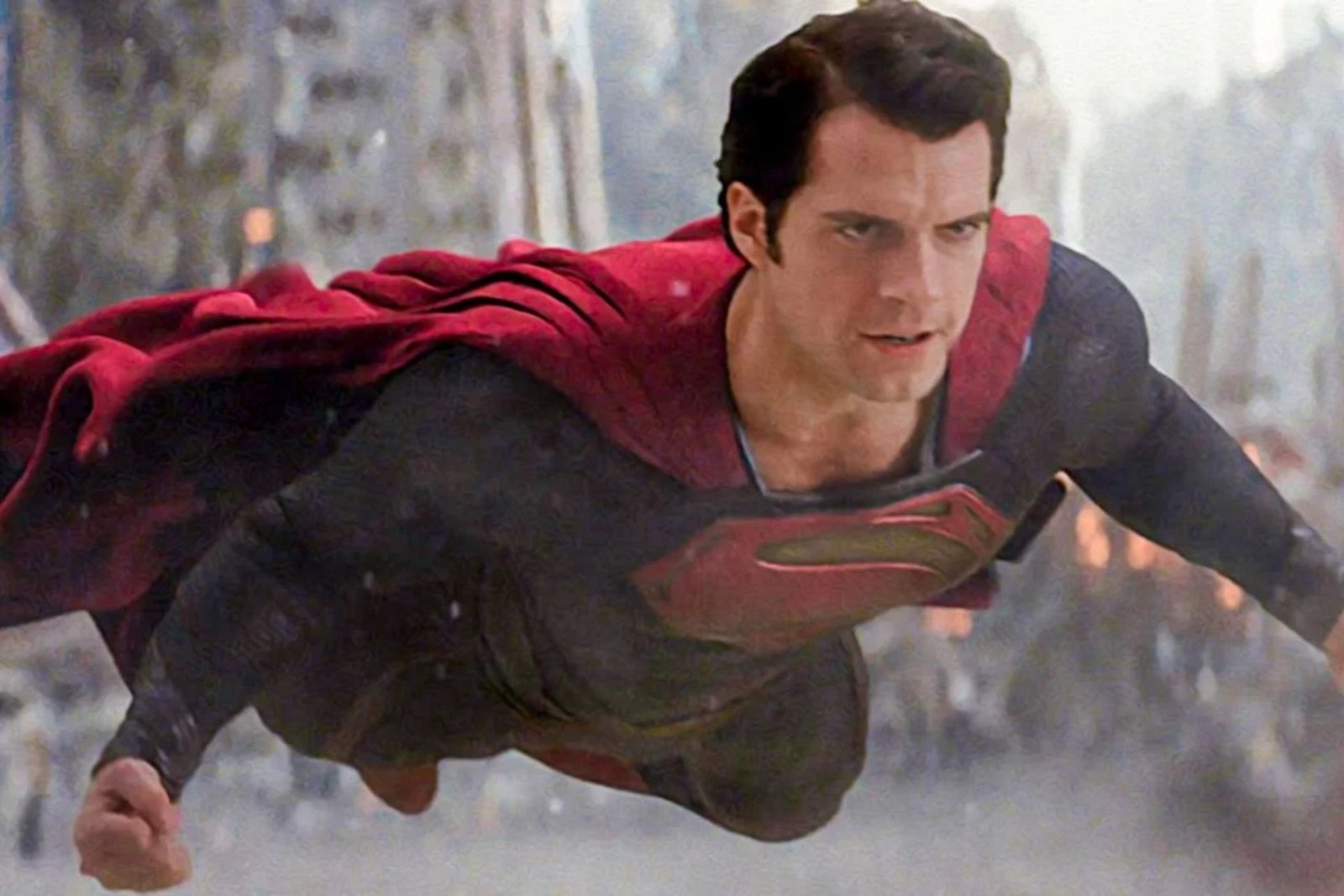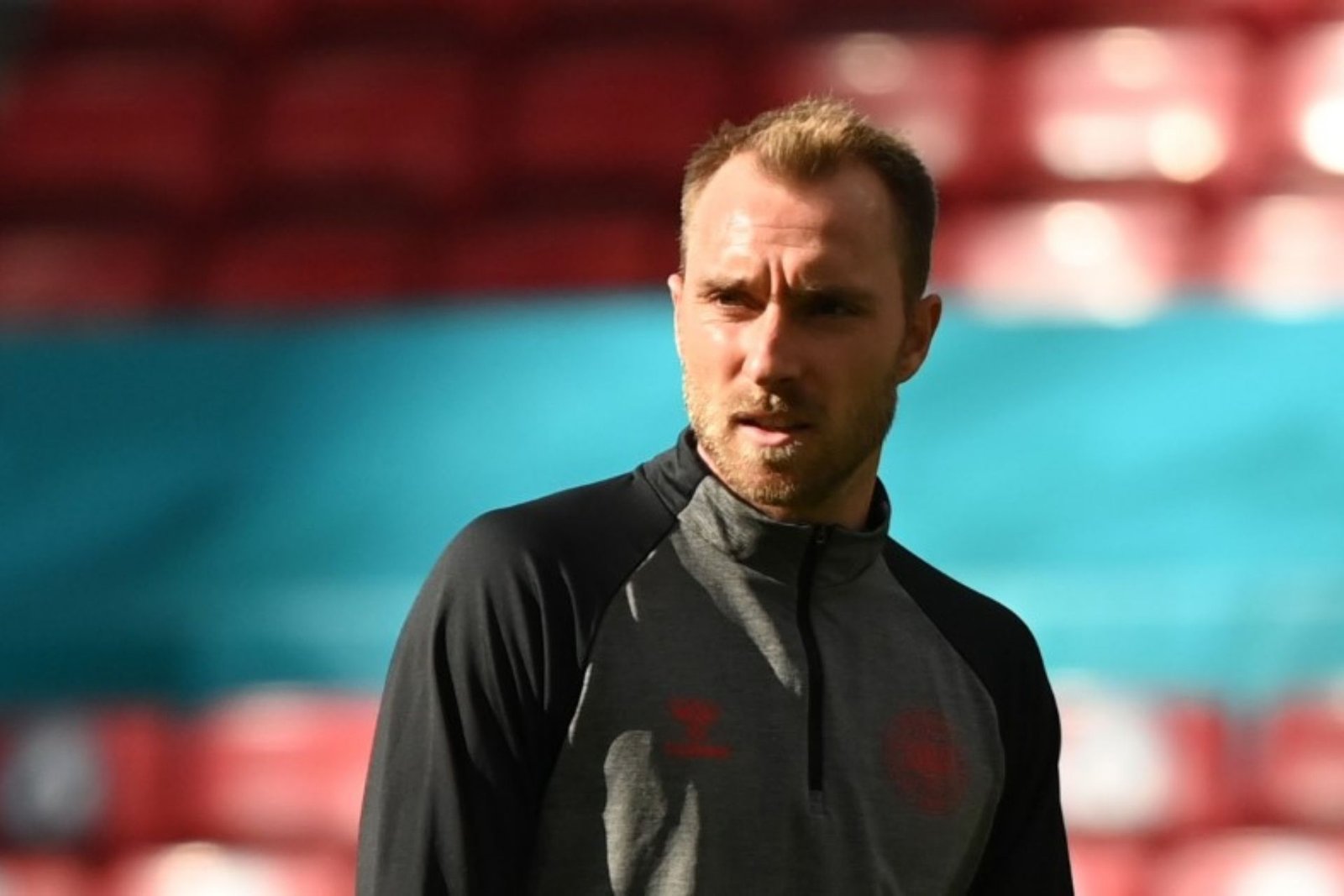COVID-19 Vaccine May Not Provide Complete Protection To Cancer Patients Receiving Chemotherapy

“We wanted to make sure we understood the level of protection the COVID-19 vaccines provide our cancer patients, especially as restrictions were eased and more contagious variants began to spread,” said Dr. Rachna Shroff, chief of gastrointestinal medical oncology at the UArizona Cancer Center and director of the Cancer Center Clinical Trials Office.Shroff and a team of UArizona Health Sciences researchers examined 53 Cancer Center patients who were receiving immunosuppressive active cancer therapy, such as chemotherapy, to answer this question.
They compared the immune responses of 50 healthy adults to the first and second doses of the Pfizer COVID-19 vaccine. The researchers’ findings were published in the journal Nature Medicine.Most of the cancer patients showed some immune response to the vaccine after two doses, indicating that they had antibodies for SARS-CoV-2, the virus that causes COVID-19.
“We were pleasantly surprised,” said Deepta Bhattacharya, professor of immunobiology at the University of Arizona and a member of the Cancer Center and BIO5 Institute. “We examined antibodies, B cells, and T cells, which comprise the body’s defence system, and discovered that the vaccine is likely to be at least partially protective for the vast majority of chemotherapy patients.

“The immune response, however, was much lower than in healthy adults, and a few of the patients did not respond to the COVID-19 vaccine. This means less protection against SARS-CoV-2, particularly the delta variant, which is now the dominant strain in the US.Twenty patients returned for a third shot, which improved their immune responses in the majority of cases.
After two doses of chemotherapy, the overall group immune response reached levels comparable to those of people who were not on chemotherapy.The interdisciplinary research team was formed shortly after Pfizer’s vaccine was approved in late 2020. They focused on patients with solid tumours, such as breast or gastrointestinal cancer, and excluded people on immunotherapy to get the most precise answer.

“The fact that we were able to answer this question in such a short period of time demonstrates what can happen when you leverage the diverse expertise we have within UArizona Health Sciences,” said Shroff, who is also a member of the BIO5 Institute. “Cancer Center clinicians went above and beyond to enrol their patients in the study because we all had the same goal in mind: to protect our patients.”Dr. Pavani Chalasani, associate professor of medicine in the Cancer Center; Bonnie LaFleur, biostatistics research professor in the BIO5 Institute; Dr. Michael D. Dake, senior vice president of UArizona Health Sciences; Dr. Aaron J. Scott, associate professor of medicine; Dr. Janko Nikolich-ugich, head of the Department of Immunobiology; Michael Worobey, head of the Department of Immunobiology; Michael Worobey, head of the Department of
___________
COVID | Don’t forget to follow us on Twitter @njtimesofficial. To get the latest updates





